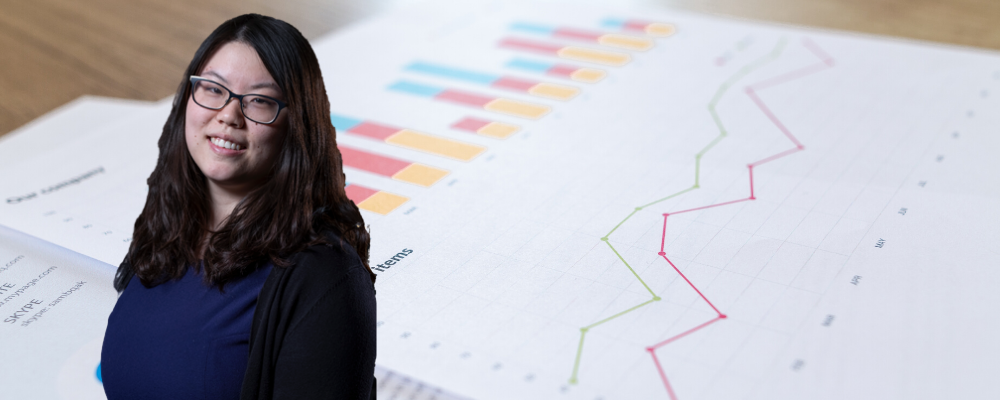
Co-op allowed me to put in to practice what I was learning. During my educational career, I found that after a period of time the knowledge that I learn in school fades, but actually being able to apply what I learn in real-world situations (like on co-op work terms) helped me remember those concepts permanently. Thereby when the exact same concepts appeared on the CFE I had no fear of my ability to perform them accurately.
For my work terms, I spent a lot of time focusing on personal and corporate tax. I had to learn how to prepare tax returns, audit tax provisions, write tax memos, and conduct research into the Canadian Revenue Agency and the Income Tax Act. Once I realized that tax was something I was really interested in, I began to take all the tax courses I could during my time in my undergraduate and master’s to help me succeed. Now, I work full-time in corporate tax at KPMG and looking back, those courses were extremely helpful. I plan on sticking with tax, and I want to go through the in-depth tax program offered by CPA Canada in order to obtain a senior tax position eventually. It’s important to note that I never would have known this if it were not for SAF courses, co-op, and my success on the CFE!